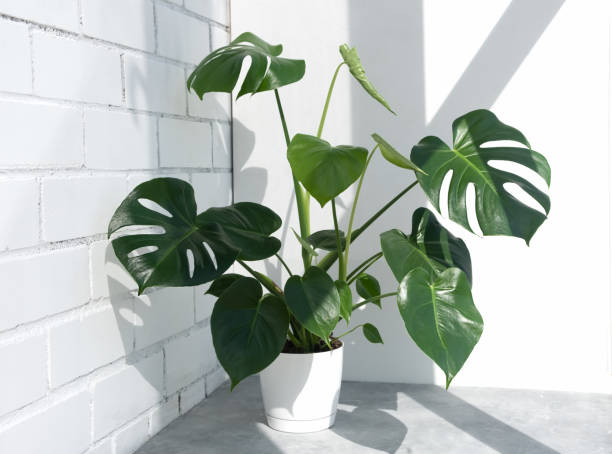When it comes to houseplants we often turn to the common ones that almost EVERY household has. If you’re looking for something a little different to add to your indoor garden, there’s a plethora of exotic houseplants that will make a stunning addition to your houseplant collection.
Choosing rare houseplants gives your home character as these houseplants may be conversation starters with their unique leaves and sizes. Some of them require specific maintenance but it adds to the joy of taking care of houseplants and exploring the range of options you have to make your indoor garden a little more interesting.
Rare houseplants to add to your space:
Spooky ghost orchid
The ghost orchid is a rare and endangered flower that is a fascination to gardeners. Ghost orchids are unique, as they have no foliage. The plant’s sweet scent is only released at night, to attract moths that pollinate the plants. These unique features make ghost orchids highly coveted among houseplant owners.
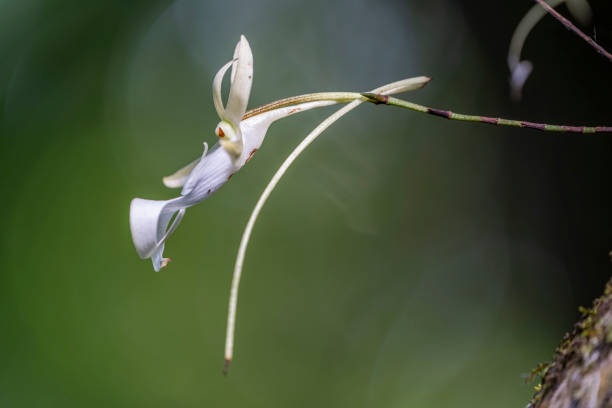
Image Credit: Unsplash
Monstera
Big leaves make a big impact and this plant does it well. With different variations, the monstera has many variations which are unique in their way. Many variations come in green and cream with enormous green and white leaves that are attractive. One of the rare variations is the variegated Monstera, as it produces two colours within one plant; white/cream and green.
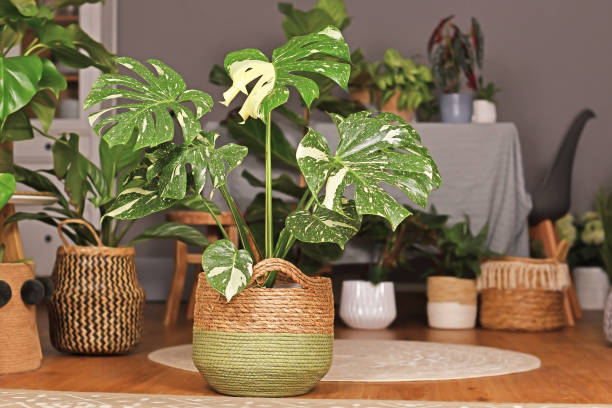
Image Credit: Unsplash
Jewel Orchid
Typical orchid plants prefer bright, indirect sunlight. However, this rare indoor houseplant tolerates the shade more. Unlike most orchids that are prized for their flowers the jewel orchid is celebrated for velvety leaves that have veins. These veins can look gold, red or even white which gives them a jewel-like appearance. For your jewel orchid to flourish, keep a humidifier in your space.
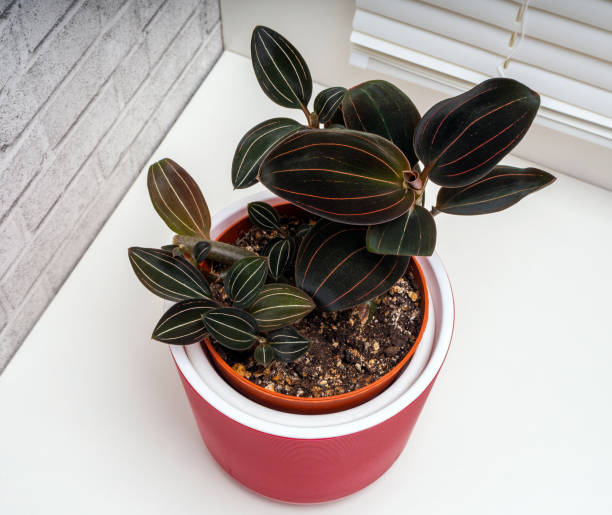
Image Credit: Unsplash
Mother of thousands
The Kalanchoe daigremontiana, which is commonly known as the mother of thousands, is one fascinating succulent.
Characterised by its thick, blue-green leaves, and like most succulents, it retains water which makes it easy to care for.
Upon closer inspection, you can see tiny baby plants growing along the larger leaves, which is how it earned its name. While it is toxic, its intriguing appearance allows it to spread rapidly, so it’s best suited as a potted plant rather than being planted in your outdoor garden.
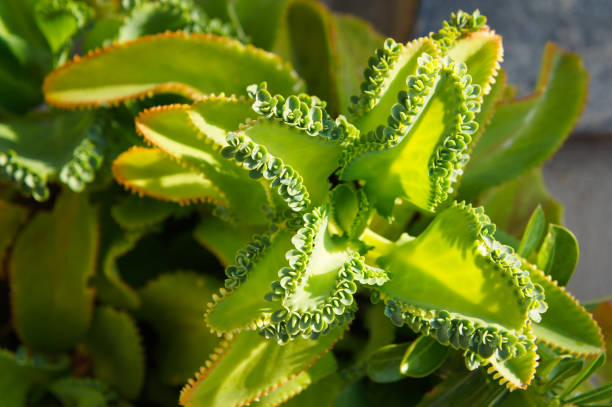
Image Credit: Unsplash
Japanese bird’s nest fern
This is a rare and exotic houseplant native to East Asian countries. In its natural habitat, the plant is an epiphyte, meaning it can grow on other plants without destroying them. Ensure they get bright, indirect light, and warmth and watch them show off in your home.
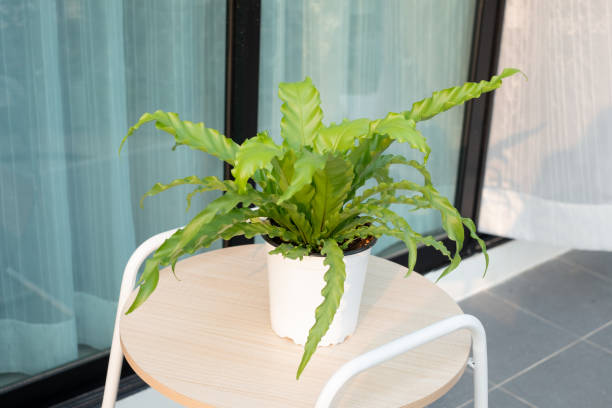
Image Credit: Pexels
ALSO SEE: THE BEST HOUSEPLANTS TO USE FOR OVERHEADS
Feature Image: Unsplash

